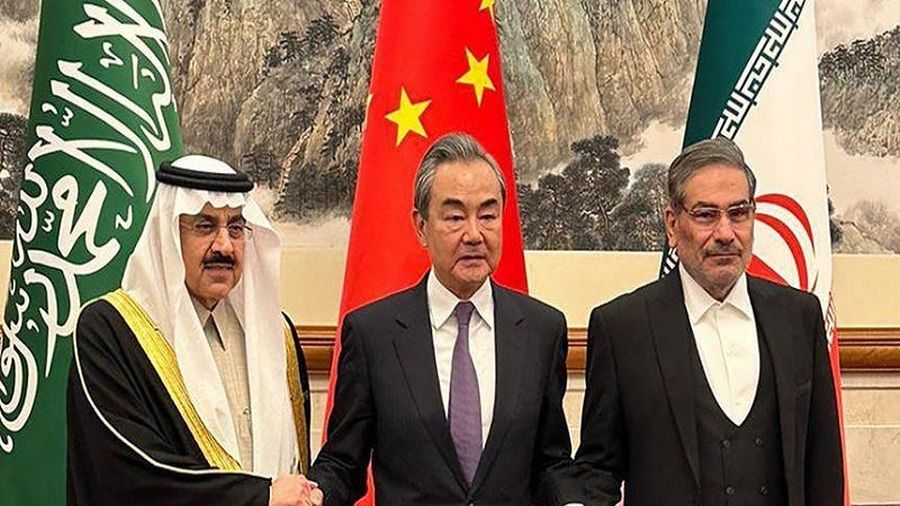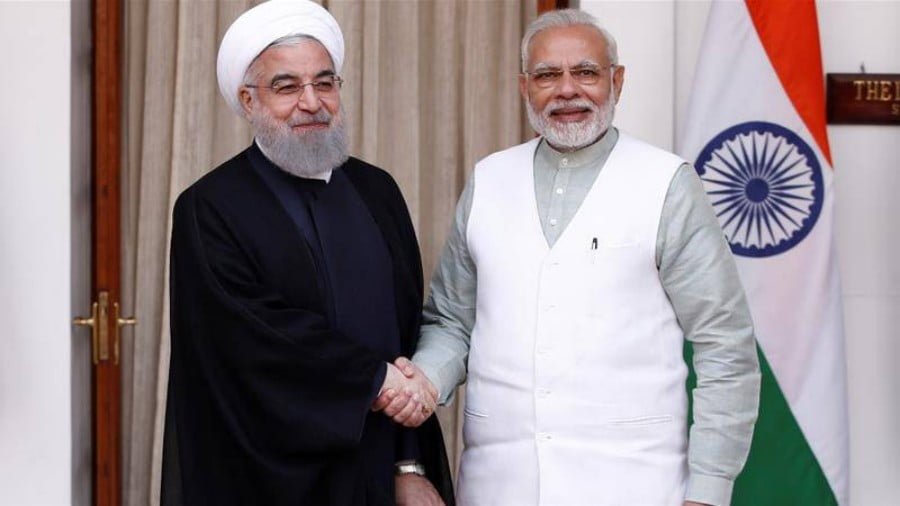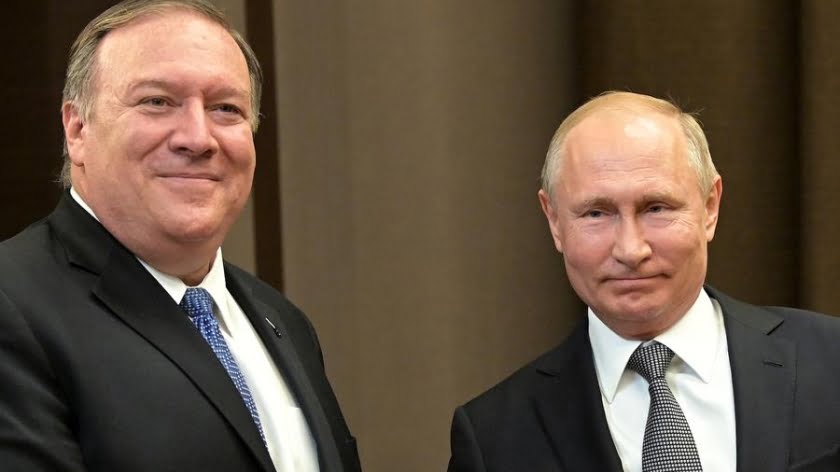The US Has Nobody to Blame But Itself for China Mediating the Iranian-Saudi Rapprochement
US grand strategy is predicated on the zero-sum pursuit of maximizing its power at others’ expense, which everyone in the international community finally realized after the blatant hypocrisy of its foreign policy since the start of Russia’s ongoing special operation. Morals, ethics, international law, and principles always take second place to the preceding goal, which thus makes this country a rogue state compared to its rivals like Russia and China, ergo why nobody trusts the US anymore.
The Chinese-mediated Iranian-Saudi rapprochement is one of the most monumental diplomatic developments to happen in West Asia since the start of the century, and the US has nobody to blame but itself for why that declining unipolar hegemon didn’t play a role in this historic event. Instead of trying to broker a pragmatic balance of influence between these former rivals in order to stabilize the region, it continually sought to divide and rule them, which ultimately isolated the US from West Asia.
By building upon the former Trump Administration’s so-called “maximum pressure” campaign despite prior rhetoric to the contrary, the Biden Administration literally pushed Iran into China’s arms. Not only that, but its bungled attempts to punish Saudi Arabia for its multipolar foreign policy under Crown Prince Mohammed Bin Salman (MBS) under the pretext of reacting to the Khashoggi incident and the long-running Yemeni War ended up pushing the Kingdom into China’s arms too in hindsight.
The US can’t even count on Israel nowadays either after encouraging a Color Revolution against newly re-elected and now three-time Prime Minister Netanyahu as punishment for his country’s own multipolar foreign policy, which includes its refusal to arm Kiev in order to retain ties with Russia. To be clear, Israel still remains the US’ top regional partner, but West Asia’s geostrategic state of play has sharply shifted over the past year and especially in the last few days since the Chinese-mediated deal.
Countries like Saudi Arabia have caught on to the US’ divide-and-rule plots and no longer trust it as a result, hence why that traditional American ally turned to China for facilitating its rapprochement with Iran. The People’s Republic is practicing a grand strategy that requires global stability in order to fuel its economically driven rise as the next superpower, which explains its interest in helping those West Asian rivals repair their troubled relations in order to build a so-called “New Middle East”.
Unlike the “Balkanized” future associated with retired US Army Lieutenant Colonel Ralph Peters’ “Blood Borders” fantasy, China’s understanding of this concept is that everyone economically cooperates in mutually beneficial ways with a view towards building a Community of Common Destiny. Amidst the impending trifurcation of International Relations catalyzed by the Ukrainian Conflict, China’s vision stands the greatest chance of helping West Asia remain stable during these difficult times.
US grand strategy is predicated on the zero-sum pursuit of maximizing its power at others’ expense, which everyone in the international community finally realized after the blatant hypocrisy of its foreign policy since the start of Russia’s ongoing special operation. Morals, ethics, international law, and principles always take second place to the preceding goal, which thus makes this country a rogue state compared to its rivals like Russia and China, ergo why nobody trusts the US anymore.
China just neutralized the US’ anti-Iranian “containment” policy in West Asia by brokering the rapprochement between that country and Saudi Arabia, which might soon be followed up by Russia brokering a complementary rapprochement between Syria and Turkiye. West Asia is thus poised to play a prominent role in the emerging Multipolar World Order, which will see the US’ divide-and-rule plots become less appealing and ultimately less successful than ever as the region finally begins to integrate.







